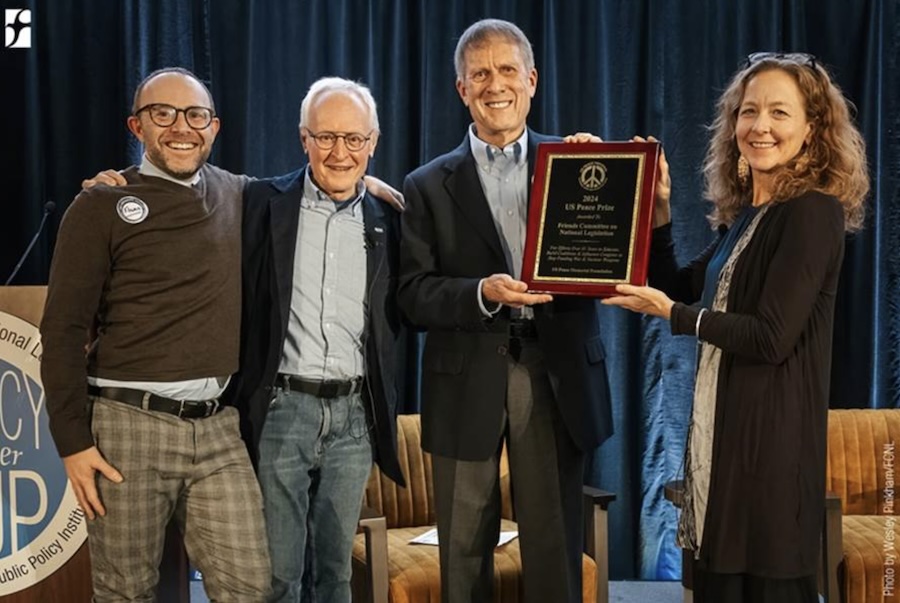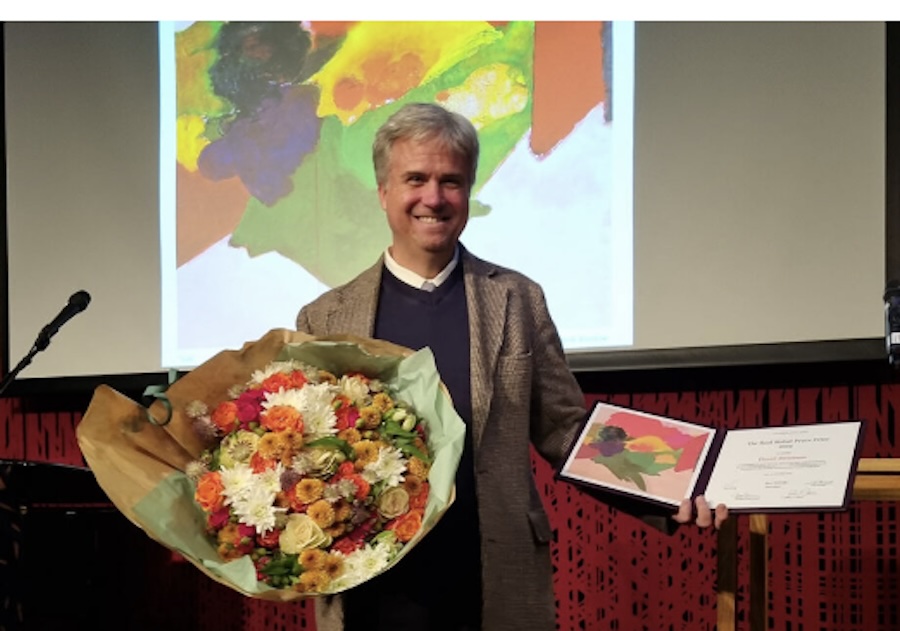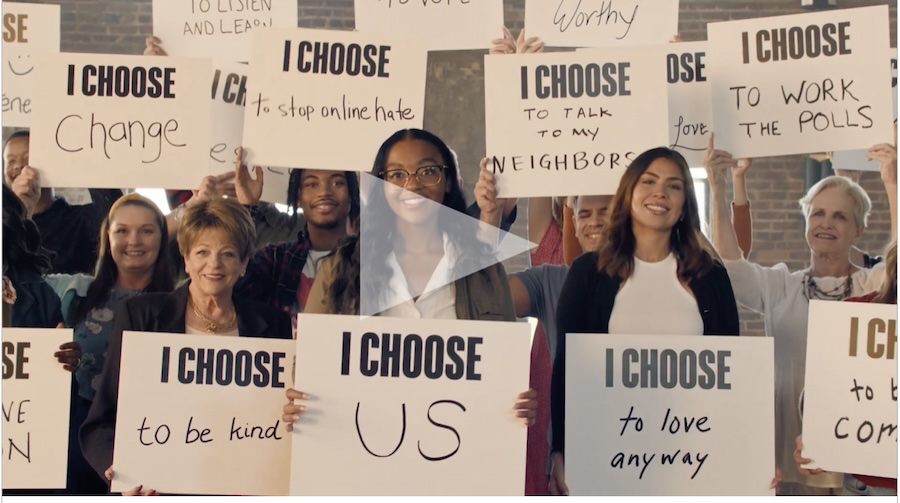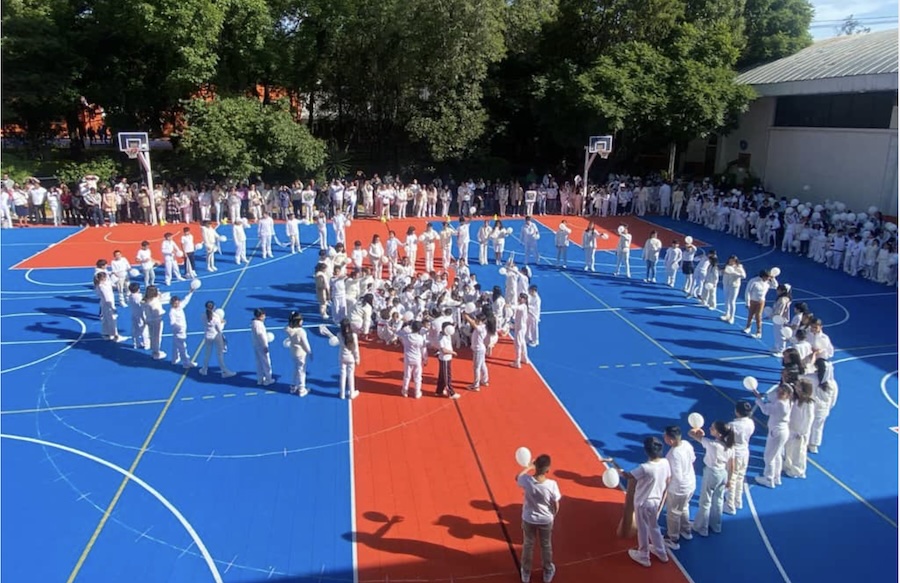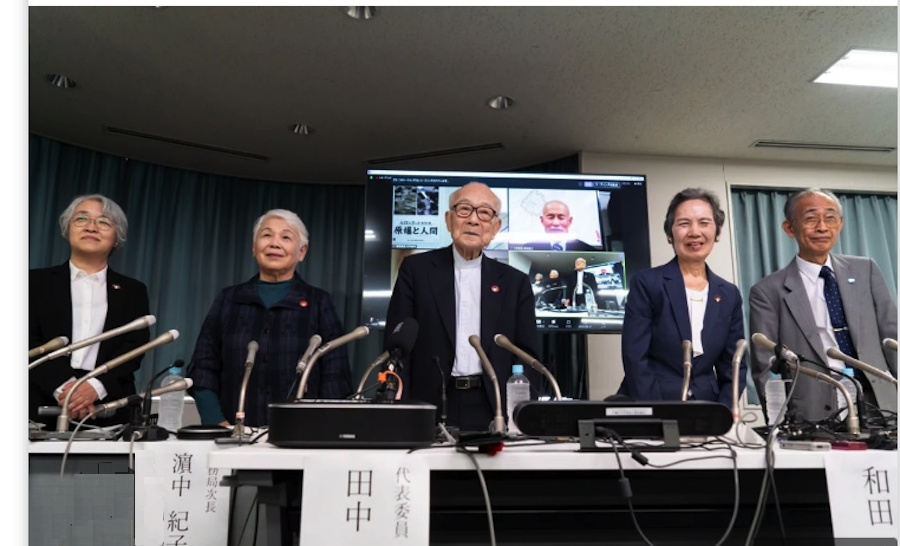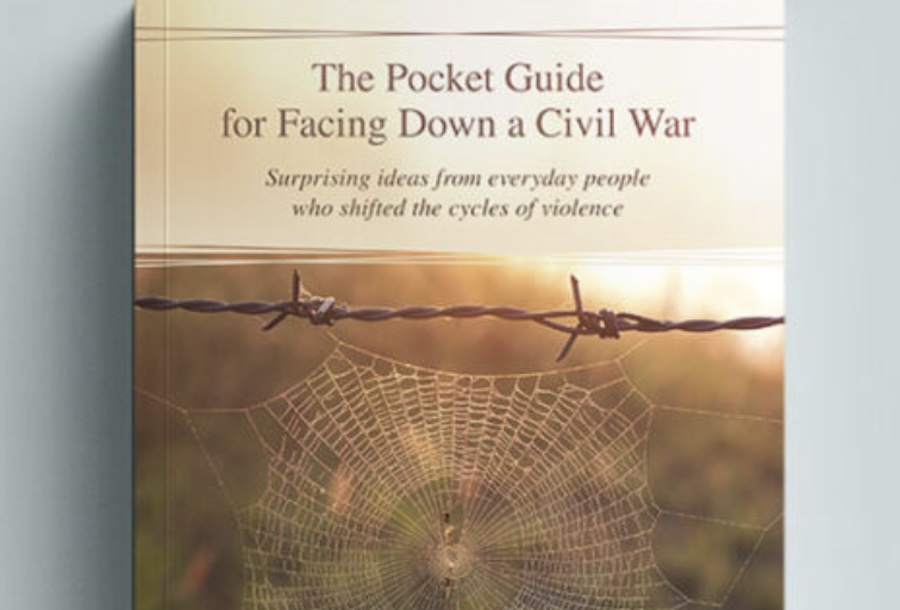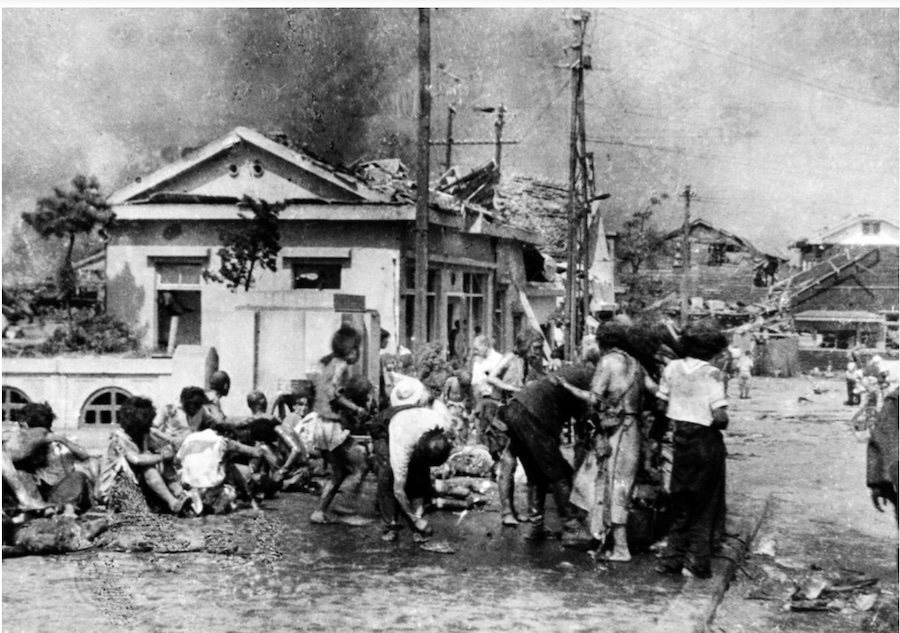DISARMAMENT & SECURITY .
An article from Novaya Gazeta
There are at least 55 ongoing wars around the world. Politicians have consistently failed to end the armed conflicts that are ravaging their societies, and the dangers have been multiplied by the fact that local wars no longer remain local.
The bloody conflict between Russia and Ukraine — the biggest war on the European continent since 1945 — has entered its third year and is still reverberating worldwide. The spillover effects have included increased famine in Africa, a migration crisis in Europe, and the release of harmful substances into water, food, and milk supplies that ultimately reach people on six continents.
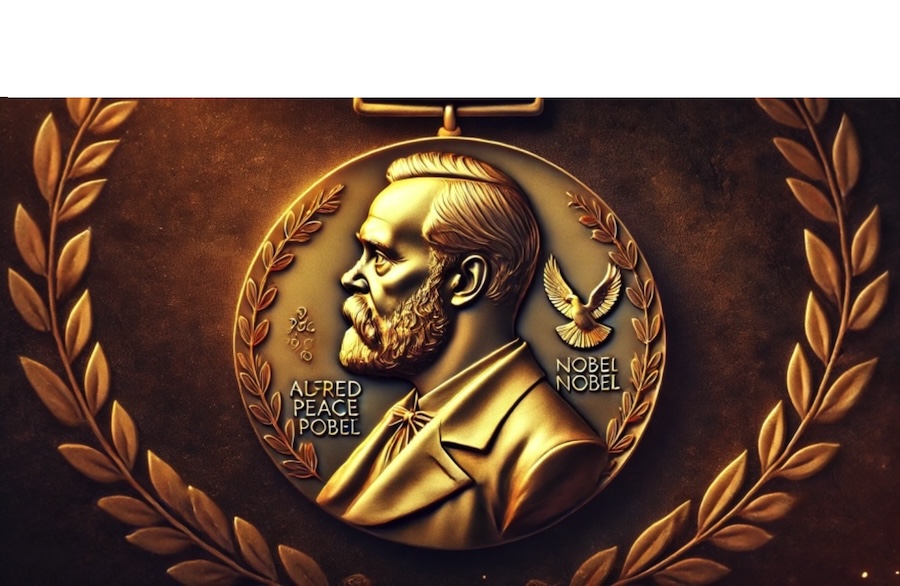
By the end of this year, the number of people killed and injured as a result of the war in Ukraine is expected to exceed 1 million — a casualty toll not seen in Europe since World War II. In Gaza, where war has raged since last October, the United Nations puts the death toll as of January at 25,000 — but the number may well be much higher. And in Yemen, the UN says that 377,000 have died in the fighting or from disease over the past decade of civil war.
As these and other conflicts rage, defence budgets around the world are expanding substantially; and hanging over it all is the threat — repeated again and again in Ukraine — of nuclear war. The resources being mobilised are comparable to those needed to address climate change, or to eliminate hunger globally for the next 80 years.
Instead of sustaining life, resources are being wasted on spreading death.
Just think about that: No one would go hungry or die of exhaustion, and no child would be undernourished, if the money now being spent on weaponry and soldiers was instead used to better the lives of the world’s poor. Instead of sustaining life, resources are being wasted on spreading death.
The victims of today’s wars are mostly people between the ages of 30 and 40, meaning that each death represents approximately half a life that could have been. Every 100,000 people killed is another 4 million years not lived. Consider all the breakthrough discoveries that will not be made, the children who will not be born, and the orphans who will suffer alone.
We and our co-signatories (below) are not representatives of states. But if the efforts of states to establish peace are insufficient, individuals — no matter their work or their station in life — must step up. The world must confront today’s wars with one voice. That is why we are asking His Holiness Pope Francis, His Holiness the Ecumenical Patriarch Bartholomew, His Holiness the Dalai Lama XIV, and Muslim and Jewish leaders to use their moral authority to appeal to all citizens of the world and to their governments.
The 2024 Summer Olympic Games in Paris is an ideal opportunity to do this. During the Olympic Games of antiquity, the frequent wars between the Greek city-states were suspended while competition would take place between athletes in search of excellence. We hope the billions of people who watch the Paris Games will follow this example and join with the world’s religious and moral leaders in calling for peace.
The conflicts in Ukraine, Gaza, and elsewhere call for an immediate ceasefire, followed by the exchange of all prisoners, the release of hostages, the return of human remains, and the start of negotiations. Our primary duty as adults is to ensure that our children survive us. Instead of destroying each other and our societies with violence, let us devote our energies and resources to saving our planet. Let us begin by reviving the Olympic peace.
(Editor’s note: Despite the following important signatories from around the world, it is shameful that, as of July 29 according to the google search engine, this powerful statement has been ignored by the major mass media of the West although it has been republished by Ahram Online from Egypt, the Japan Times , the TCE Exchange based in the Netherlands, the Bangkok Post, the Project Syndicate, based in the United States, and, of course, here in CPNN, based in France.)
Signatories
Emmanuelle Charpentier, Nobel Prize in Chemistry 2020, Professor at Humboldt University in Berlin; Director of the Max Planck Unit for the Science of Pathogens;
Elias James Corey, Nobel Prize in Chemistry 1990, Professor of organic chemistry Harvard University;
Alan Heeger, Nobel Prize in Chemistry 2000, Professor of Physics, University of California, Santa Barbara;
Roald Hoffmann, Nobel Prize in Chemistry 1981, Professor of Humane Letters, Cornell University;
Martin Karplus, Nobel Prize in Chemistry 2013, Director of the Biophysical Chemistry Laboratory, Professor of Chemistry Emeritus, Harvard University;
Brian K. Kobilka, Nobel Prize in Chemistry 2012, Professor of Molecular and Cellular Physiology, Stanford University School of Medicine;
Yuan T. Lee, Nobel Prize in Chemistry 1986, Professor Emeritus of Chemistry, University of California, Berkeley;
Morten Meldal, Nobel Prize in Chemistry 2022, Professor Emeritus of Chemistry, University of California, Berkeley;
Jean-Pierre Sauvage, Nobel Prize in Chemistry 2016, Emeritus Professor of Chemistry, University of Strasbourg;
Richard R. Schrock, Nobel Prize in Chemistry 2005, Professor of Chemistry, University of California, Riverside;
Hideki Shirakawa, Nobel Prize in Chemistry 2000, Professor Emeritus of Chemistry, University of Tsukuba;
James Fraser Stoddart, Nobel Prize in Chemistry 2016, Chair Professor in Chemistry University of Hong Kong and Northwestern University;
(Continued in right column)
Can the peace movement help stop the war in the Ukraine?
How can a culture of peace be established in the Middle East?
Where in the world can we find good leadership today?
(Continued from left column)
Finn E. Kydland, Nobel Prize in Economics 2004, Professor of Economics, University of California, Santa Barbara;
Paul R. Milgrom, Nobel Prize in Economics 2020, Professor of Humanities and Sciences, Stanford University;
Christopher A. Pissarides, Nobel Prize in Economics 2010, Professor of Economics, London School of Economics;
Svetlana Alexievich, Nobel Prize in Literature 2015, writer, journalist;
Elfriede Jelinek, Nobel Prize in Literature 2004, writer;
Werner Arber, Nobel Prize in Medicine 1978, Professor of Medicine, University of Basel, retired;
Francoise Barre-Sinoussi, Nobel Prize in Medicine 2008, Pasteur Institute, retired;
Louis J. Ignarro, Nobel Prize in Medicine 1998, Professor Emeritus of pharmacology, UCLA School of Medicine;
Barry J. Marshall, Nobel Prize in Medicine 2005, Professor of Clinical Microbiology, University of Western Australia;
Edvard Moser, Nobel Prize in Medicine 2014, Professor of Medicine, Norwegian University of Science and Technology;
May-Britt Moser, Nobel Prize in Medicine 2014, Professor of Psychology and Neuroscience, Norwegian University of Science and Technology;
Erwin Neher, Nobel Prize in Medicine 1991, Professor Emeritus of Medicine, University of Göttingen;
Sir Peter J. Ratcliffe, Nobel Prize in Medicine 2019, Clinical Research Director, Francis Crick Institute;
Charles M. Rice, Nobel Prize in Medicine 2020, Professor of virology, Rockefeller University;
Sir Richard J. Roberts, Nobel Prize in Medicine 1993, Chief Scientific Officer, New England Biolabs;
Gregg L. Semenza, Nobel Prize in Medicine 2019, Professor of Genetic Medicine, Johns Hopkins School of Medicine;
Hamilton O. Smith, Nobel Prize in Medicine 1978, Scientific director, Synthetic Genomics;
Jack W. Szostak, Nobel Prize in Medicine 2009, Professor of genetics, University of Chicago;
Torsten N. Wiesel, Nobel Prize in Medicine 1981, co-director of the Shelby White and Leon Levy Center for Mind, Brain and Behavior, Rockefeller University;
Carlos Filipe Ximenes Belo, Nobel Peace Prize 1996, Roman Catholic Bishop, Diocese of Maputo, Mozambique;
Mairead Corrigan-Maguire, Nobel Peace Prize 1976, Activist, cofounder of Community of Peace People, Northern Ireland;
Beatrice Fihn, Nobel Peace Prize 2017, Former executive director of the International Campaign to Abolish Nuclear Weapons;
Tawakkol Karman, Nobel Peace Prize 2011, Co-founder the human rights group Women Journalists Without Chains;
Denis Mukwege, Nobel Peace Prize 2018, founder and director, Panzi Hospital, Bukavu, DR Congo;
Dmitry Muratov, Co-Founder, Publisher, and former editor-in-chief of Novaya Gazeta, Nobel Peace Prize 2021;
Maria Ressa, Co-Founder and CEO of Rappler, Nobel Peace Prize 2021;
Oscar Arias Sanchez, Nobel Peace Prize 1987, Former President of Costa Rica;
Jody Williams, Nobel Peace Prize 1997, Founder of the International Campaign to Ban Landmines;
Pierre Agostini, Nobel Prize in Physics 2023, Emeritus Professor of Physics, Ohio State University;
Barry Clark Barish, Nobel Prize in Physics 2017, Professor of Physics emeritus, California Institute of Technology;
Steven Chu, Nobel Prize in Physics 1997, Former US Secretary of Energy;
Andre Geim, Nobel Prize in Physics 2010, Professor of physics, University of Manchester;
Brian D. Josephson, Nobel Prize in Physics 1973, Professor Emeritus of physics, University of Cambridge;
Takaaki Kajita, Nobel Prize in Physics 2015, President, Science Council of Japan;
Klaus von Klitzing, Nobel Prize in Physics 1985, Director, Max Planck Institute for Solid State Research;
Ferenc Krausz, Nobel Prize in Physics 2023, Director, Max Planck Institute of Quantum Optics and a professor of experimental physics, Ludwig Maximilian University of Munich;
Michel Mayor, Nobel Prize in Physics 2019, Emeritus Professor of Physics, University of Geneva;
Roger Penrose, Nobel Prize in Physics 2020, Emeritus Professor of Mathematics, University of Oxford;
William D. Phillips, Nobel Prize in Physics 1997, Professor of physics, University of Maryland.
– – – – – –
If you wish to make a comment on this article, you may write to coordinator@cpnn-world.org with the title “Comment on (name of article)” and we will put your comment on line. Because of the flood of spam, we have discontinued the direct application of comments.
